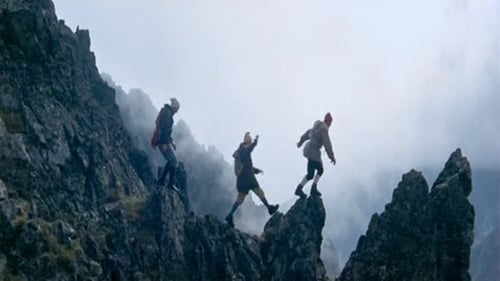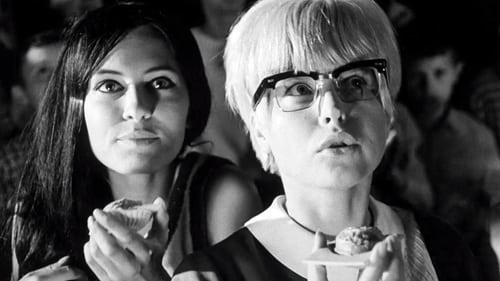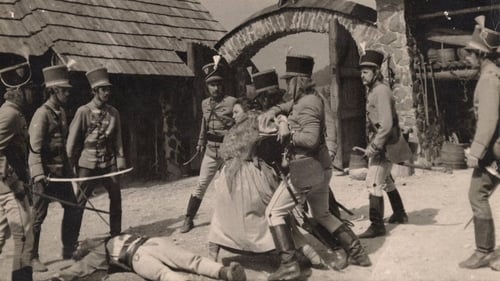Ivan Mistrík
Birth : 1935-10-15, Bratislava, Czechoslovakia [now Slovakia]
Death : 1982-06-08
History
Ivan Mistrík (* October 15, 1935, Bratislava - † June 8, 1982, Bratislava) was a Slovak actor. Brother of actor Ján Mistrík. First wife Helena, rod. Kollátová (1932 - 1977), second Mária, b. Klesniaková, singer. He had two sons from his first marriage.
Curriculum vitae From 1949 to 1951 he studied acting at the State Conservatory. In 1951 cultural promotional officer in Slovnaft, 1951 - 1952 member of the Village Theater in Bratislava, 1952 - 1953 drama of the Jozef Gregor Tajovský Theater in Zvolen, 1953 - 1966 drama of the New Stage, 1966 - 1982 drama of the Slovak National Theater in Bratislava.
From 1946 he performed in the Radio Acting Company, where he created dozens of boy characters. In the theater, he played mainly sensitive heroes, confronted with a harsh world. His acting was evenly applied in the film, where since 1951 he has created a number of roles in Slovak and Czech films.
He has appeared in television since 1959 and has created about 100 characters in The Ballad of Vojta Marina (1964), The Dead Don't Sing (1965), The Bloody Star of Canaris (1966), Seven Witnesses (1967), The Ballad of Seven Hanged Men (1968), Portrait of Dorian Graya (1969), Bastion (1969), Parisian Mohicans (1971), Vivat Beňovský (1975), Shipwreck of Danubia (1976), Escape from the Golden Land (1977), Table for Fourteen (1978) and others.
In 1977 he was awarded the title of Merited Artist.










